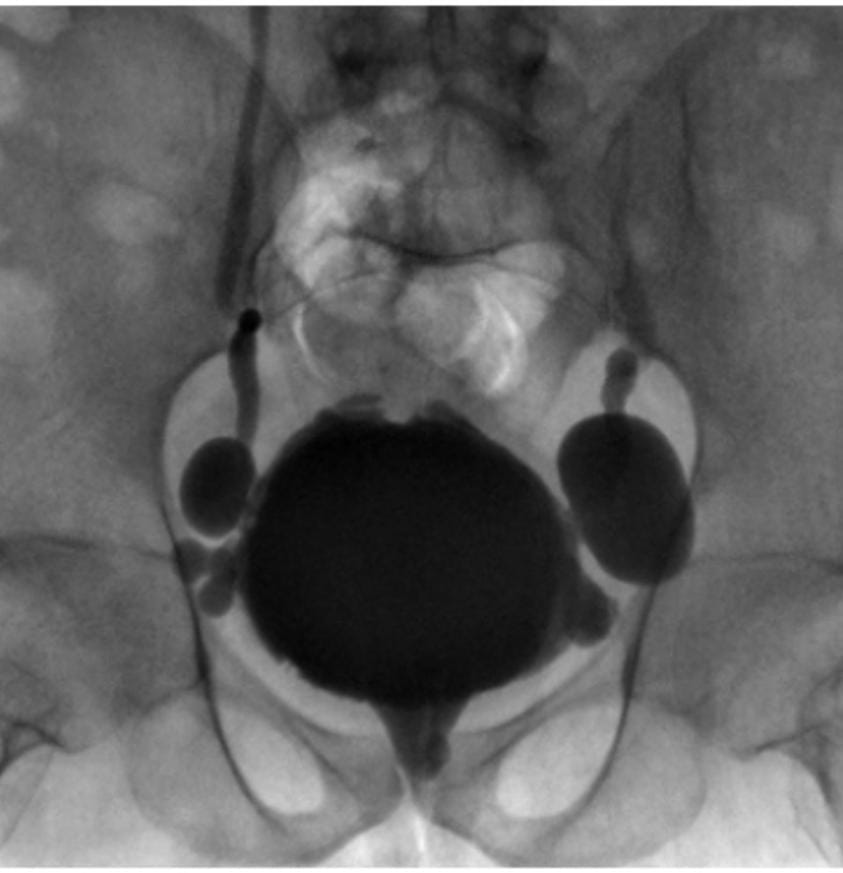Neuro Urology and Reconstructive Urologist in Hadapsar
In the dynamic field of urology, which has witnessed remarkable advancements over the past 25 years, one specific area stands out as a beacon of progress: neuro-urology. Dr. Abhirudra Mulay, a distinguished reconstructive urologist in Hadapsar and Wanowrie, has been a pivotal figure in this transformative journey. Seminal breakthroughs in neuro-urology have given rise to highly selective drugs for managing neurogenic lower urinary tract dysfunction, all while minimizing undesirable side effects. Further strides in neuromodulation and tissue engineering techniques are on the horizon, as neuro-urology is guided by a dynamic-functional understanding and a functionally oriented approach to treatment.
Patients grappling with dysfunction find solace in the fact that severe complications can be averted, allowing for their reintegration into a normal social environment. Initial treatment modalities in many facets of neuro-urology often lean toward conservative measures, but reversible solutions are pursued whenever feasible.

In cases where these interventions prove ineffective or lead to delayed complications, organ-sparing or organ-manipulating surgeries offer hope by restoring organ function. These procedures not only salvage renal function from ongoing damage but also, in numerous instances, reinstate urinary continence. The permanent indwelling catheter, once a common approach for treating neurogenic lower urinary tract dysfunction, is now excluded from modern treatment protocols. Dr. Abhirudra Mulay is a leading figure in this paradigm shift, emphasizing the importance of expert neuro-urological care, particularly for paraplegic patients, as it not only extends lifespan but also significantly enhances the patient’s overall quality of life.
At Dr. Mulay Superspeciality Hospital in Hadapsar, under the distinguished leadership of Dr. Abhirudra Mulay, patients experiencing neuro-urological challenges can expect cutting-edge treatment strategies that elevate their quality of life. This patient-centered approach, which emphasizes functional restoration and improved outcomes, has become the hallmark of Dr. Abhirudra Mulay’s practice in Hadapsar and Wanowrie. The enduring mission of Dr. Abhirudra Mulay and Dr.Mulay Superspeciality Hospital team is to provide compassionate, advanced care, ensuring that patients with neurogenic lower urinary tract dysfunction experience a brighter, healthier future.
Neuro-urology Diagnosis & Tests
Patients with a neurogenic bladder, under the expert care of Dr. Abhirudra Mulay, reconstructive urologist in Hadapsar, Pune may exhibit one or more of the following signs and symptoms:
- Retention of Urine
- Inability to Control Urination (Frequency and Urgency)
- Urinary Incontinence
- Loss of Bladder Sensation
- Disturbance of Bowel Control: is also very common
- Coma, Paralysis: The above symptoms are in addition to the general symptoms of neurological injury such as coma/paralysis, etc.
Though physical disabilities may appear daunting, they are typically non-life-threatening. However, when it comes to bladder dysfunction, even though it may not be immediately apparent, it often underlies severe morbidity, the risk of renal failure, and potentially life-threatening consequences. Regrettably, awareness of these grave implications is often lacking. At Dr. Mulay Superspeciality Hospital in Hadapsar, under the expert guidance of Dr. Abhirudra Mulay, we’re dedicated to addressing these critical concerns, ensuring that patients receive the necessary care and understanding of the potential life-altering effects of bladder dysfunction.

